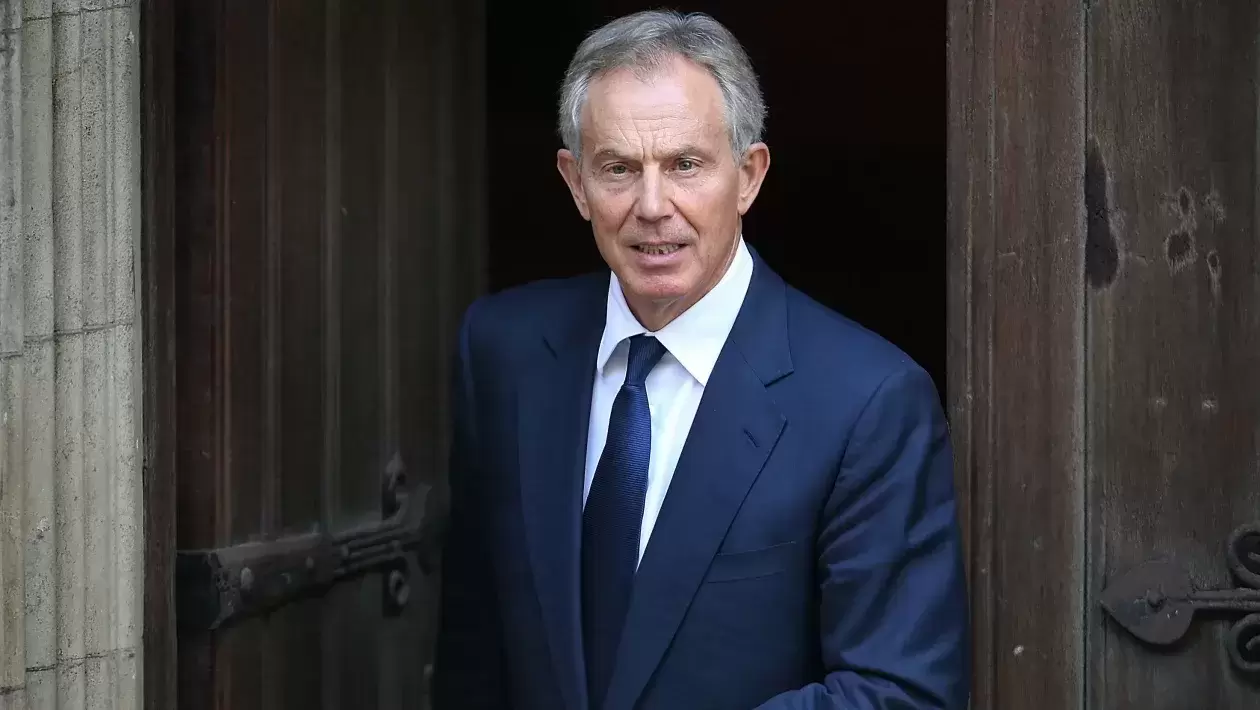Tony Blair and the Case of Campbell’s Law
When sociologist Donald T. Campbell proposed his eponymous Law, one wonders if he expected it to be of theoretical or apt practical use. Campbell’s Law states that “the more any quantitative social indicator is used for social decision-making, the more subject it will be to corruption pressures and the more apt it will be to distort and corrupt the social processes it is intended to monitor.” From its origin, its purpose was to measure crime rates and other social phenomena. Some have also used it in corruption studies. Tony Blair, as Prime Minister of Great Britain, is exemplary as a textbook case of Campbell’s Law.
Before Tony Blair, as leader of the Labour Party, came to power in 1997, he had promised and later implemented a policy. It would ensure any donations to a political party, over £5000 would be of public record. It was a welcome policy on the back of the sleaze-hit Conservative Party whose popularity and credibility was in decline with voters; it brought Blair to power. Many saw it as a breath of fresh air for British politics. As Campbell’s Law had predicted, Blair’s £5000 ceiling for disclosure for donations started with silence and subtlety face corruption pressures from donors. Moreover, donors who did not want the special interests they were seeking from government disclosed to the public. Neither how much they were paying for it.
Meanwhile, it soon became clear party administrators needed ever more significant donations from donors. The cost of funding politics was escalating. Willing donors and needy politicians had to live with the £5000 limit and disclosure problem. Not for long, though.
Eventually, the money machine of the political parties found a way around the problem. And undermined it. By raising funds from donors as loans; loans were not subject to disclosure. It is the origin of the “Cash for Honours” scandal. Both the Labour and Conservative Parties were guilty of receiving loans from rich financiers to fund their parties. In exchange for knighthoods, peerages and junior minister positions, and other favours that produced scandals. Campbell’s Law had been right; the £5000 and disclosure index did not stand a chance. And the corruption it pulled became clear.
Upward and downward causation is also an original concept of Donald T. Campbell. Campbell would have argued that the case of donation limits and disclosure policy, a quantitative index, by Blair’s Labour government and the opposition as a case of downward causation. The government determines the “laws of the land” vertically from the highest office in the country towards the citizens. The top hierarchy of the Labour government had enforced a rule and broken it with power effected in a top-down manner.
However, Campbell could also demonstrate citizens achieving power upwards towards those in power. For example, in elections where an undesirable or unpopular government can lose the polls and be out of office. Alas, collective action problems plague the citizens’ ability to undesirable government from government.
In fact, Tony Blair somehow became an exemplar of upward and downward causation. First, Blair was a Prime minster and had to use downward causation to rule the country. Second, Blair, as ex-Prime Minister, dared to canvass members and supporters of his own Labour party. That is, to vote for the Conservative or Liberal Democrats parties instead of the Labour Party. This manoeuvre was because Blair did not want his successor, Jeremy Corbyn, to become Prime Minister. Blair attempted to use upward causation to undermine his own party. An example of eating one’s cake and having it. Or kicking away the ladder.
In conclusion, if a social scientist was made for the understanding of the antics of a political leader, Donald T. Campbell was made for Tony Blair. I wonder if Campbell will agree.
Grimot Nane
Discover more from Grimot Nane Zine
Subscribe to get the latest posts sent to your email.

